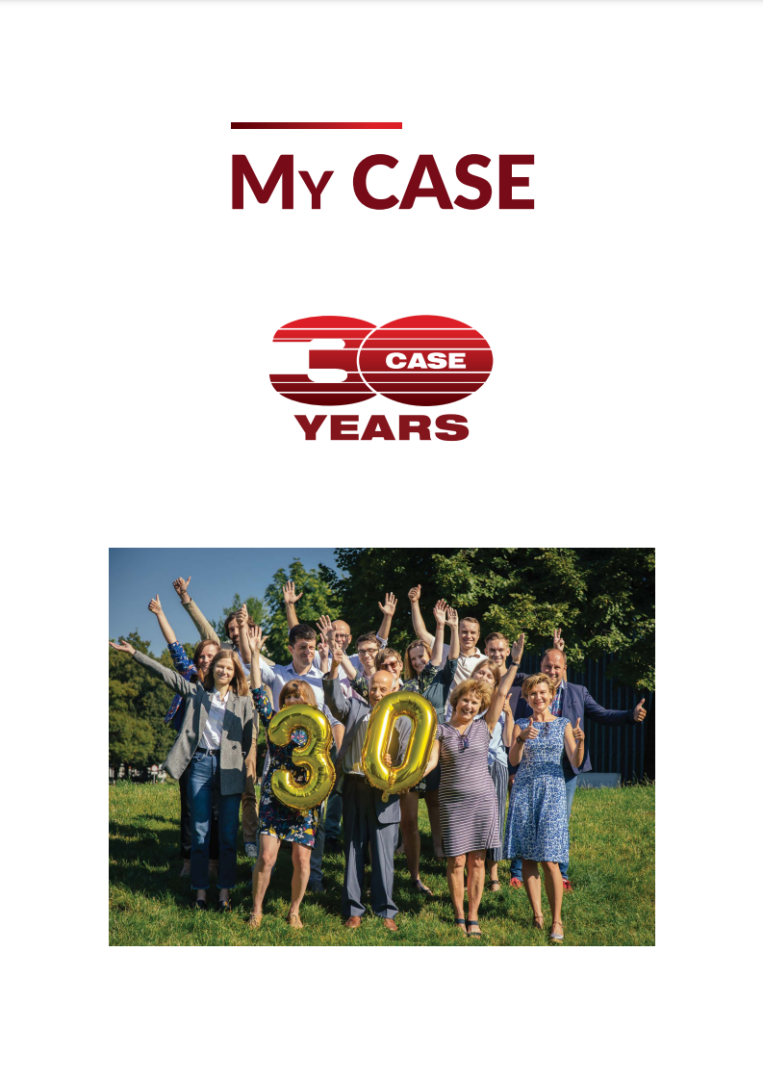 Homepage CASE
Homepage CASE
Selected values

-

Ewa Balcerowicz
Chairwoman of CASE Supervisory Council (July 2008-present) and mBank-CASE Seminars Project Manager
Articles from this author:
-
Summary of the 182nd mBank-CASE Seminar
The seminar discussed the challenges and opportunities related to the integration of Ukrainian agriculture into the European market, a process that became particularly important after Ukraine started its EU accession process. Both Polish and Ukrainian agriculture share common traits, such as high food self-sufficiency levels and significant economic importance. However, there are notable differences—Ukraine has far larger agricultural resources, though its agricultural sector is underfunded, while Poland has made considerable progress due to EU support. A key concern is the risk of excessive competition between countries, which could harm European farmers. Experts emphasized that the development of Ukrainian agriculture should be based on synergy, and the accession process will require long-term negotiations and transitional periods. Differences in export structures were also discussed—Ukraine focuses on agricultural raw materials like grains and oils, while Polish exports are more diversified. The Common Agricultural Policy (CAP) will need to be reformed to support the agricultural sectors of both countries in a sustainable way, considering new challenges and promoting environmentally friendly practices.
-
177th mBank-CASE Seminar Proceedings: The Just Energy Transition from the Perspective of Cities and Regions – the experience of Poland and other European Union countries
Climate change is a global problem - it requires the cooperation of countries all over the world and the implementation of sustainable development concepts. In mBank-CASE Seminar Proceedings no. 177 authors describe the ways selected Polish regions tackled the challenges of transition towards sustainable energy. Agnieszka Kulesa, Vice-President of CASE Management Board, focuses on Lusatia, Upper Nitra and Greater Poland and the way these regions handled the transition, highlighting the role of lignite mining. Aleksandra Gawlikowska-Fyk, Energy Forum expert and director of the Electricity comments on Agnieszka’s findings. Next chapters focus on the way two cities in Poland managed to make their way through an energy transition: Konin - described by Piotr Korytkowski, Its President, and Wałbrzych - by Andrzej Kosiór, Head of the Strategic Management Office. Table of contents Ewa Balcerowicz - Introduction p. 5-7 Agnieszka Kulesa - The just energy transition in Lusatia (Germany), Upper Nitra (Slovakia) and Greater Poland (Poland) – conclusions and recommendations p. 8-23 Aleksandra Gawlikowska-Fyk - Just Energy Transition in Poland: where we stand p. 24-27 Piotr Korytkowski - Energy transition of Konin and the Konin region p. 25-34 Andrzej Kosiór - Lower Silesia’s energy transition – the experience of Wałbrzych p. 34-42
-
170th mBank-CASE Seminar Proceedings: The Polish Deal: The economic consequences of the proposed new tax system
At a public conference of the three-party governing coalition – Law & Justice, Poland of Solidarity and Jarosław Gowin’s Alliance – on May 15 2021, a program called the Polish Deal was presented. In this publication, which was created based on the 170th mBank-CASE Seminar, we analyze one of its parts: the far-reaching proposals for … Continued
-
Summary of the 182nd mBank-CASE Seminar
Related publications
Thanks for joining us!
You're now part of a community that values [your newsletter's focus]. Get ready to stay informed, inspired, and engaged with our carefully curated content.
